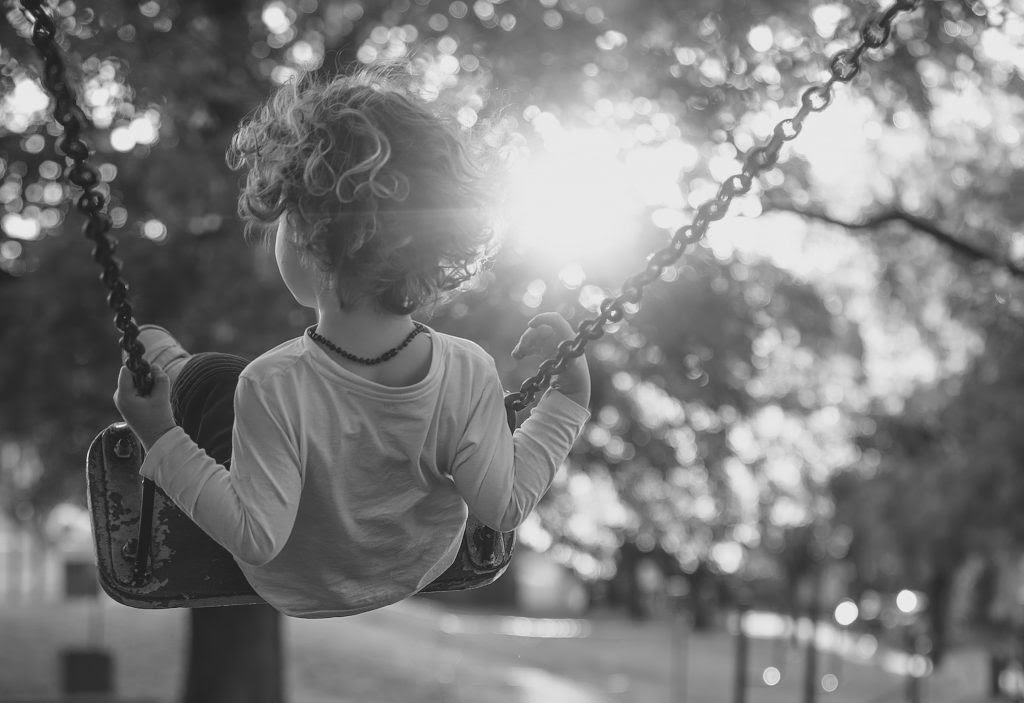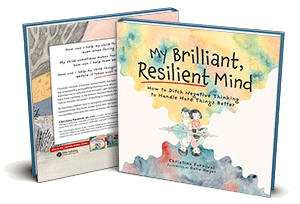Hi there! I’m Christina, a mom of two littles, a licensed mental health therapist, and a soon-to-be children’s book author! Thanks for checking out my site. Look around! I’m sure there’s something here for you! This guest article by Roberta Eisen about the emotional impact of divorce on children, COVID-19 edition.
The Emotional Impact of Divorce on Children
To say the past year has been challenging is an understatement. For many of us, the impact has come in a variety of previously unforeseen stressors. These stressors involve both mental and physical exhaustion, new financial pressures, and relational difficulties surfacing at every turn. To put it mildly, the COVID-19 pandemic and the related trauma, have put us all under a tremendous amount of pressure.
For parents and spouses layering on the infinite challenge of co-parenting, those stresses continue to mount. Household topics like social distancing and vaccinations magnify disparities between former partners.
Since the beginning of the coronavirus outbreak in the United States, Americans have expressed rising concerns about job security, finances, and coordinating (often at-home) school and work schedules. A report published by the Robert Wood Johnson Foundation indicates that 61 percent of households with children report facing serious financial problems during the pandemic. They also found that 44 percent of households used all or most of their savings to offset the financial burden.
Equally staggering, 59 percent of families with children report serious problems caring for their children among the new challenges. 36 percent are encountering problems with getting their children access to education during the outbreak.
With families forced to spend additional time at home restricted from outlets previously used to de-escalate tension, it is unsurprising that relational conflicts have surfaced.
The combination of overall stress, financial burdens, threat of illness, death of loved ones, and homeschooling children prompted 31 percent of surveyed married couples to report quarantine had caused irreparable damage to their relationship triggering a 34 percent rise in interest in divorce by April 2020.
However, the pandemic divorce surge quickly subsided with backlogged courts, office closures, and restrictions. This forced many unhappy partners to take the slow path to decoupling.
For families in transition during the pandemic, the list of obstacles grows:
1) Coordinating co-parenting schedules amid at-home work and online school
2) Quarantining and deciding how to share custody between two households
3) Managing one or more households while social distancing and trying to keep everyone safe/healthy
4) Addressing children’s concerns about health, safety, school, friends, and activities
5) Dealing with potential exposure risks and associated shame or guilt
6) Canceling, rescheduling, or postponing vacations
7) Discussing the pandemic, death, and vaccinations with children
8) Finding a compromise when parents hold opposing views of safety precautions
9) Determining equal access to technology for schoolwork between two households
10) Setting boundaries for in-person socialization with friends and family that can be somewhat consist between homes
And the list goes on, and on, and on…
With divorce rates surging and family courts predicting that they will be backed up for years, it is time that parents realize that the emotional impact of divorce on children is immense. Parents need to learn “how to divorce in the best way possible for their kids” and not for themselves. Divorce is not about which parents can afford the better lawyer or which parent is right, (so that the other parent can be wrong), but rather about power and control between the adults. Often, and sadly, divorce is not always about the kids.
Children often pay the price for the divorce as the grownups fumble around acting like spoiled, selfish kids.
Although the fog of the pandemic is lifting as more Americans get vaccinated and restrictions lighten around the country, we are by no means out of the woods yet. That being said, here are a few of the guiding lights we can offer for conflict families may face.
How to lessen the emotional impact of divorce on children
1) Compromise is essential. As a family, attention should be placed on the best solution for all parties involved. That means taking everyone’s well-being into account when making decisions that work for both parents.
2) Communication is key. When juggling schedules or treading delicate waters about polarizing topics like face masks and online school, remember to listen to one another and work together.
3) Acknowledge the impact on your children. Perhaps most importantly, recognize that your children are people, too. They are experiencing these stressors as well during the formative years of their behavioral and cognitive development.
4) Ask questions about how your children are doing. Listen to their concerns. Empathize and acknowledge that this is an unusual situation. And assure your children that you can all tackle these obstacles when you face them and work together.
How has the pandemic affected you and your family? Take a moment to reflect on what you’ve learned, gained, and perhaps even lost during this time. Your family is a working system that may have become damaged as a result of not having the resilience and the capacity to negotiate all of the changes that we have had to endure during this pandemic. Many have examined their lives more carefully and often see themselves and others differently than ever before.
Learning to compartmentalize emotionally-heightened discussions can protect your children from growing up in a war zone between their parents. Regardless of what you may feel about the other parent, every child deserves a right to develop a loving relationship with both parents (with the exclusion, of course, of families where abuse and neglect are present).
Roberta Eisen, M.Ed., LPC, NCC, is a master practitioner in coaching, mediation, counseling and consulting services for families. Over the past three decades, her expertise has assisted parents and children through the transitions of divorce and beyond. She is an Advanced Practitioner Member of the Association for Conflict Resolution, a member of the Association of Family Conciliation and Courts (AFCC), and a member of the International Academy of Collaborative Professionals. She served as the consultant to the American Psychological Association to create and implement the Program for Agreement and Cooperation in Contested Custody Cases for the Family Court of the Superior Court of the District of Columbia.
The author of the curriculum for the Parenting Education Class for the Allegheny County Court of Common Pleas, Pittsburgh, Roberta also teaches parenting education classes and presents workshops on basic and advanced training in mediation and conflict resolution throughout the country.
Learn more about Eisen Blackstone Group at eisenblackstonegroup.com and connect with us on Facebook and Instagram @eisenblackstonegroup.


